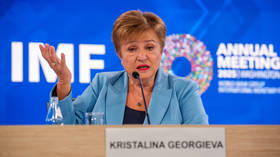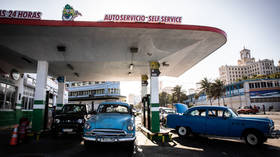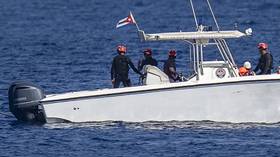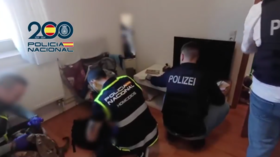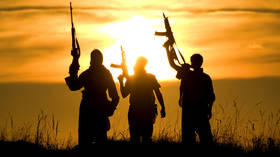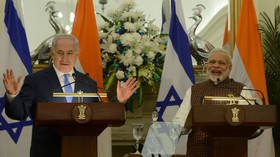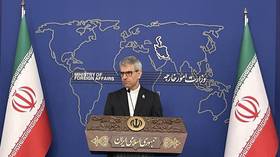Major Russian bank to revive South African refinery
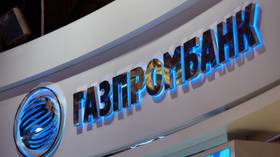
South Africa’s national oil company PetroSA and Russia’s Gazprombank are conducting a feasibility study with a view to reviving gas-to-liquid (GTL) refinery operations at a plant in Mossel Bay, Bloomberg reported on Monday.
PetroSA spokeswoman Nonny Mashika-Dennison told the outlet that all factors affecting the viability of restarting operations at the refinery were being considered as part of a comprehensive assessment.
In December, PetroSA selected Gazprombank Africa as its preferred investment partner for the project – a decision endorsed by the South African government despite potential issues involving Western sanctions.
Gazprombank, Russia’s third-largest bank and a crucial institution in Moscow’s energy trade, has been the target of sanctions by the US and other Western nations due to the ongoing Ukraine conflict.
South Africa and Russia are members of the BRICS alliance that also includes Brazil, India, China, Egypt, Ethiopia, Iran, Saudi Arabia, and the United Arab Emirates. Facing pressure from the US and its allies following the Russia-Ukraine conflict, Pretoria has opted for a neutral position. This nonalignment poses a potential risk of secondary sanctions if the African country engages in agreements with any sanctioned Russian entities.
Prior to the agreement with Gazprombank, PetroSA officials consulted legal advisors to minimize the risk of secondary sanctions. Nonetheless, PetroSA’s acting chief operations officer, Sesakho Magadla, claimed that “these sanctions are not applicable to South Africa.”
The project is estimated to cost approximately $200 million.
The Mossel Bay plant, which is capable of processing up to 45,000 barrels per day, halted production in 2020 due to depleted domestic offshore gas reserves, and has been under maintenance ever since. Following the closure of South Africa’s two largest refineries, Sapref and Enref, PetroSA is eager to secure investment to restart operations at the Mossel Bay facility.



